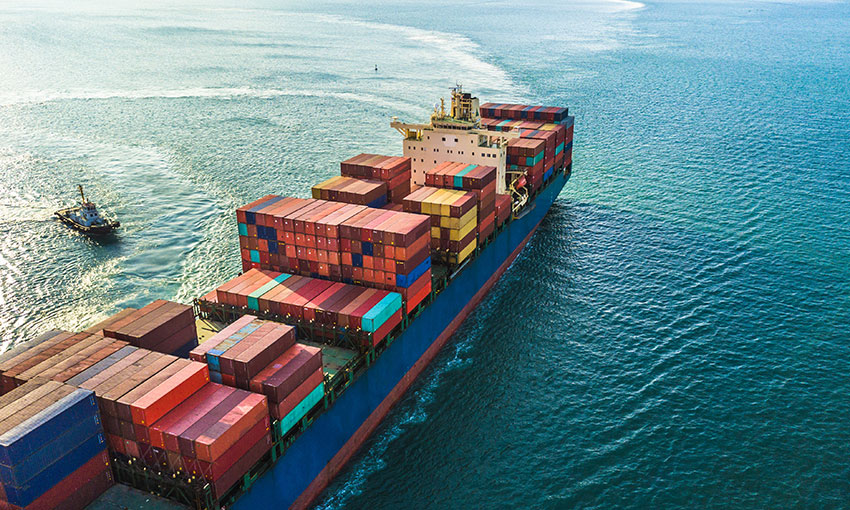THE FUTURE International Trade Alliance has launched a declaration that aims to promote the adoption of the electronic bill of lading.
The FIT Alliance was formed in 2022 to accelerate the use of a universal eBL in all sectors of the shipping industry.
BIMCO, the Digital Container Shipping Association (DCSA), FIATA, the International Chamber of Commerce and information exchange system Swift are the founding members of the alliance.
FIT Alliance launched its declaration with a goal to secure commitment from all international stakeholders to drive digitalisation, starting with eBLs, in their industries.
The International Chamber of Commerce said ocean carriers issue around 45 million bills of lading each year, but a majority are paper-based.
It believes adoption of eBL would enable faster transactions, cost savings and lower risks of fraud.
FIT Alliance said the declaration was a symbol of joint dedication to shape the future of shipping.
“A universal eBL will benefit all stakeholders involved in the global supply chain whether in bulk shipping or container shipping,” the alliance said.
“Achieving widespread adoption of a standards-based eBL will benefit not only the shipping industry, but also the global movement of goods, at a time when supply chain resilience is challenged.
“Transforming document exchange through a globally applicable eBL will accelerate trade digitalisation to the benefit customers, banks, customs, government authorities, providers of ocean shipping services and all other stakeholders.”
MSC, a founding member of DCSA, pointed to a McKinsey study that suggested a universal eBL could enable up to $40 billion in new global trade volume.
The shipping company said eight members of DCSA (including MSC) had committed to converting 50% of paper-based BL activities to digital within five years, and 100% by 2030.
André Simha, global chief digital and innovation officer at MSC and chair of DCSA, said the declaration represented a momentous step forward for universal eBL adoption.
“For digitalisation to succeed, we need all stakeholders to work hand-in-hand to define and implement a common language and common standards,” he said.
“We invite all parties involved in global trade – shippers, forwarders, governments, financial institutions, and insurance agencies – to work together to make universal eBL adoption a reality.”
The FIT Alliance was formed in February last year. Since then, it has been working to facilitate acceptance of shared and interoperable data processes and legislative conditions across the broader shipping community, including carriers, regulators, banks and freight forwarders.





